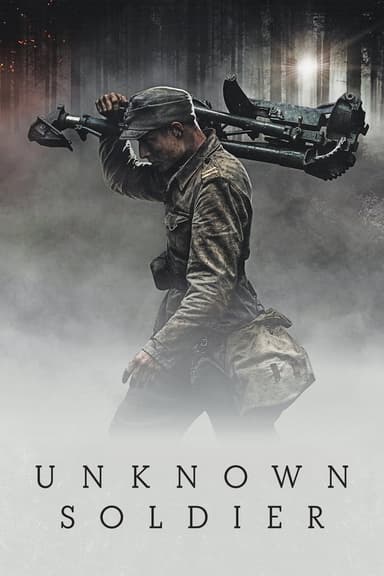
Seven Swords
2005 • Action, Drama • R
In the 17th century, seven swordsmen join their forces to save the villagers from a manipulating General who bans martial arts.
Runtime: 2h 32m
Why you should read the novel
Liang Yusheng’s original novel, 'The Seven Swordsmen from Mountain Tian,' immerses readers in a richly detailed world of martial arts and chivalry. Unlike a two-hour film, the book offers deeper insight into the motivations and philosophies that drive its heroic swordsmen. Each character is given vivid backstories and complex relationships, making their journeys far more satisfying and resonant than what the movie alone can provide.
The novel’s storytelling goes beyond the action, exploring themes of honor, sacrifice, and brotherhood. Readers experience the tactical intricacies of martial arts, the inner turmoil of the characters, and the moral dilemmas that shape their choices. Liang Yusheng’s expansive narrative allows these elements to unfold at a natural pace, lending emotional weight that might be overshadowed by the film’s spectacle.
If you’re fascinated by the depth of classic wuxia, 'The Seven Swordsmen from Mountain Tian' is an essential read. It is more than a recounting of battles; it is a thoughtful epic that delves into the philosophical heart of the martial world. Let the novel’s original vision draw you deeper into the legendary tale that inspired the movie.
Adaptation differences
One of the major differences between the movie 'Seven Swords' and Liang Yusheng’s novel is the setting and period. The movie, directed by Tsui Hark, is set during the early Qing dynasty and focuses on the government’s anti-martial arts policies, leading to intense conflict and rebellion. The novel, meanwhile, is set in the late Ming and early Qing periods and spends more time examining the social upheaval and transitions in power.
Characterization also diverges greatly in the adaptation. The film compresses or changes several character arcs, sometimes altering identities, backgrounds, and even which swordsmen are included. In the book, each of the seven swordsmen is explored in depth, with interwoven personal histories and their unique martial arts skills meticulously described. The movie, focused on time constraints and visual storytelling, omits much of this depth, often reducing secondary characters to background roles.
Plot-wise, the film streamlines and radically changes many key events from the novel. Several major plotlines, political subplots, and relationships are condensed or left out entirely to fit the film’s two-hour structure. The novel’s sweeping narrative, involving intricate alliances, betrayals, and a grand sense of passage through time, is necessarily simplified thus losing much of its complexity.
Finally, key themes from the novel, such as the philosophical exploration of martial virtue and brotherhood, are touched upon but less deeply examined in the adaptation. The movie leans more heavily on action and spectacle, whereas the book emphasizes emotional depth, inner growth, and the broader meaning of chivalry. For a nuanced understanding of the story’s heart and soul, the novel offers much that the movie cannot capture.
Seven Swords inspired from
The Seven Swordsmen from Mountain Tian (also known as 'Qijian Xia Tianshan')
by Liang Yusheng

